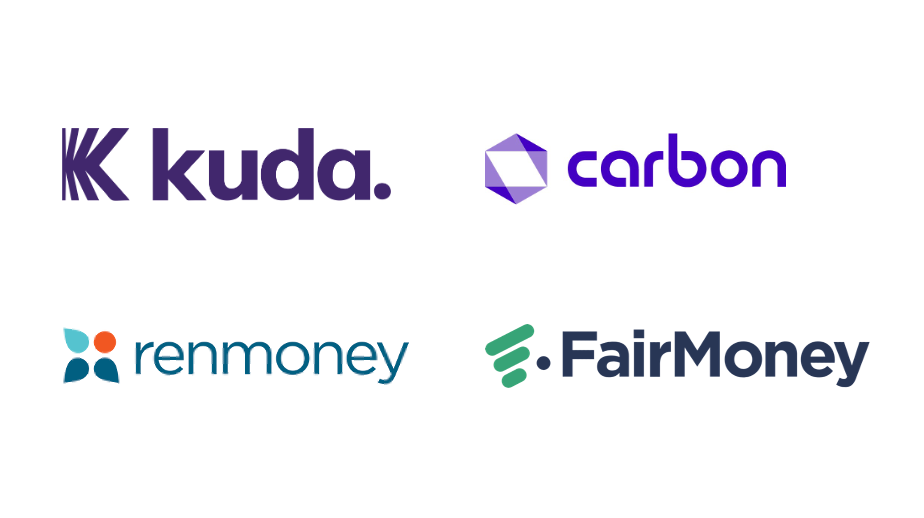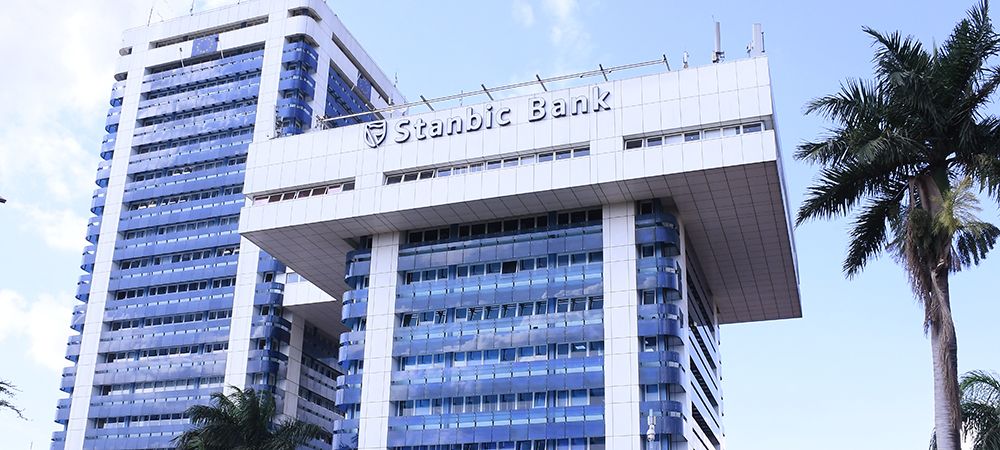Nigeria's digital lending landscape is predominantly influenced by startups such as Carbon, Renmoney and FairMoney, catering to a digitally savvy customer base. The country boasts approximately 211 licensed digital lenders. These startups have gained traction due to their streamlined lending processes, enabling quick loan approvals and less rigorous Know Your Customer (KYC) protocols, significantly easing users' borrowing experience.

From Stability to Agility
Historically, Nigerian banks have been pillars of stability, focusing on traditional banking models. However, the rapid growth of fintech companies, especially in the digital lending space, has posed a unique challenge, prompting these incumbents to adapt. By leveraging their substantial resources, established customer base, and regulatory expertise, these banks are now repositioning themselves as agile competitors in the digital realm. This trend represents a significant shift in the financial landscape of Nigeria, indicating a new era of competition and innovation.
Challenging the Challengers
AAccess Holding Plc, the parent company of Access Bank, has received approval in principle from the Central Bank to launch a standalone lending product called Oxygen X. This is the first time a holding company is venturing into standalone digital lending. However, other banks are also considering launching standalone digital lending services, and GT Bank's QuickCredit may be a potential candidate for such a spin-off. This is partly due to the success of GT Bank's Habari Pay, which was spun off as a fintech arm of Guaranty Trust Holding Company (GTCO). According to GTCO's financial report, Habari Pay posted profits of ₦1.3 billion in the first half of 2023.
The move by Nigerian banks into digital lending is not just about embracing technology. It's a strategic response to the growing influence of fintech companies. Traditional banks directly challenge the fintech sector by offering competitive lending rates and digital-first services. This competition fosters a more dynamic financial services industry, benefiting consumers with better rates, improved services, and innovative products.
The Future of Finance in Nigeria
As traditional banks continue to evolve and adopt digital strategies, the Nigerian financial landscape is poised for transformative growth. This shift towards digital lending by incumbents is a testament to the Nigerian banking sector's adaptability and interest in meeting its customers' evolving needs.
The entry of traditional Nigerian banks into the digital lending market marks a new chapter in the country's financial services industry. It reflects a more profound understanding of the changing consumer preferences and technological advancements. As these incumbents become challengers, the future looks promising for both consumers and the industry, heralding an era of increased competition, innovation, and accessibility in financial services.









